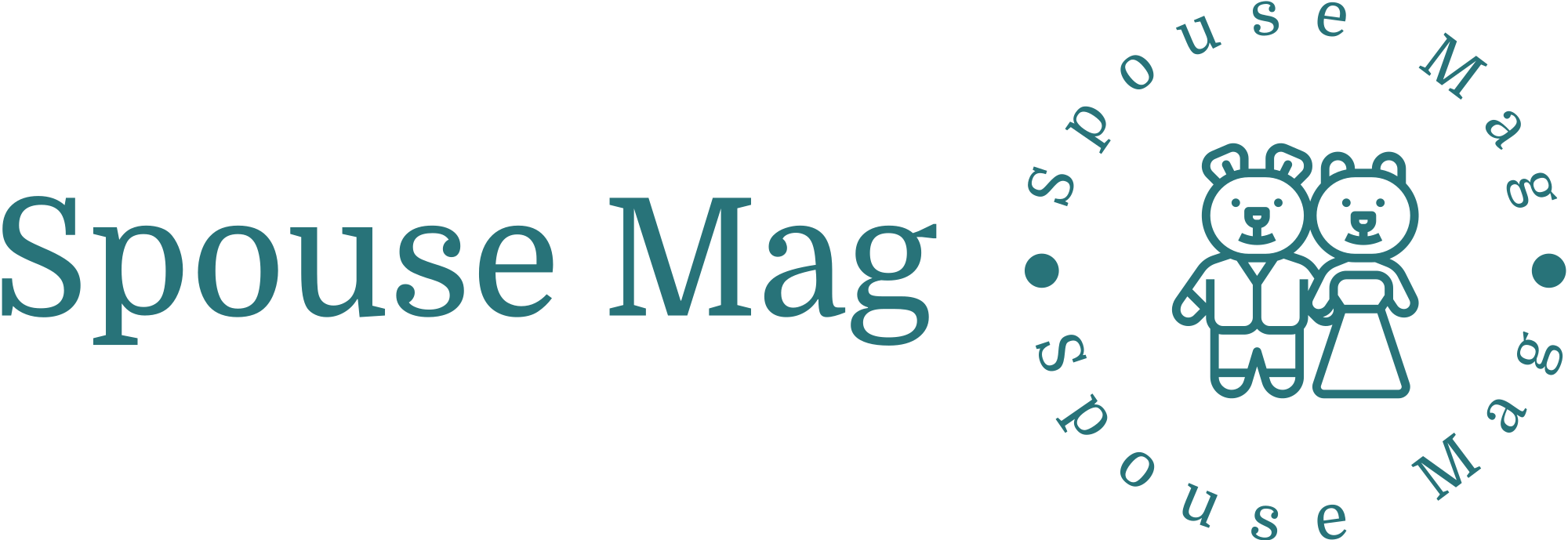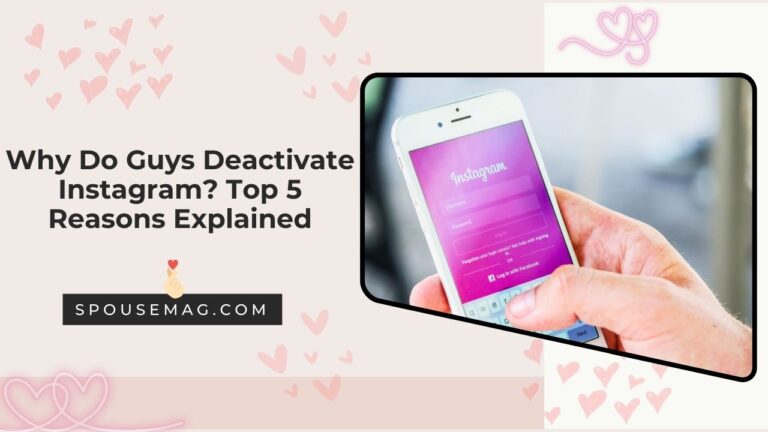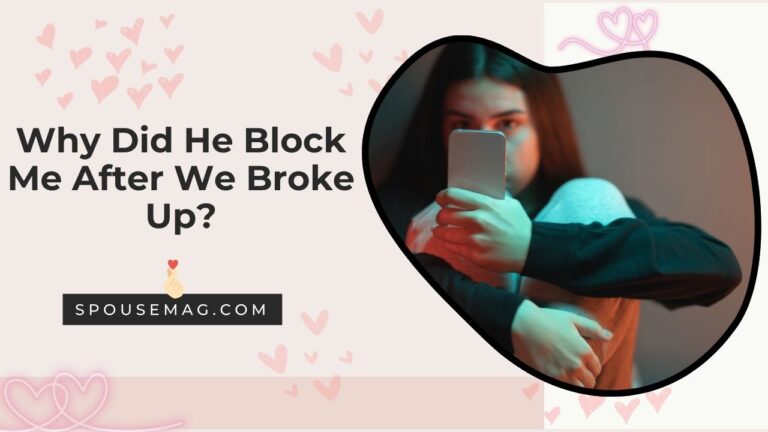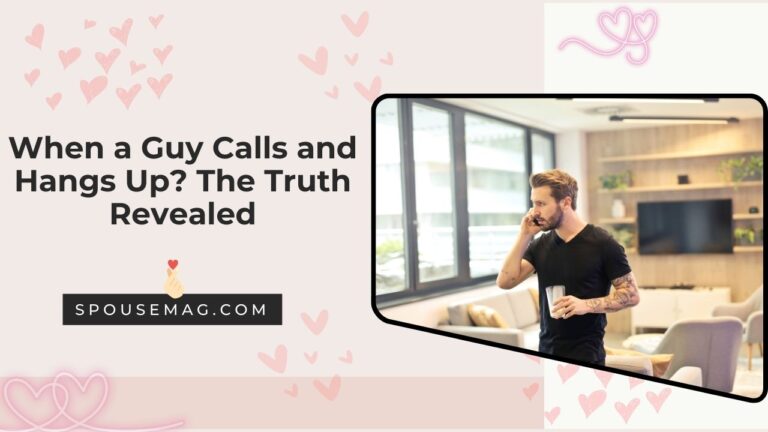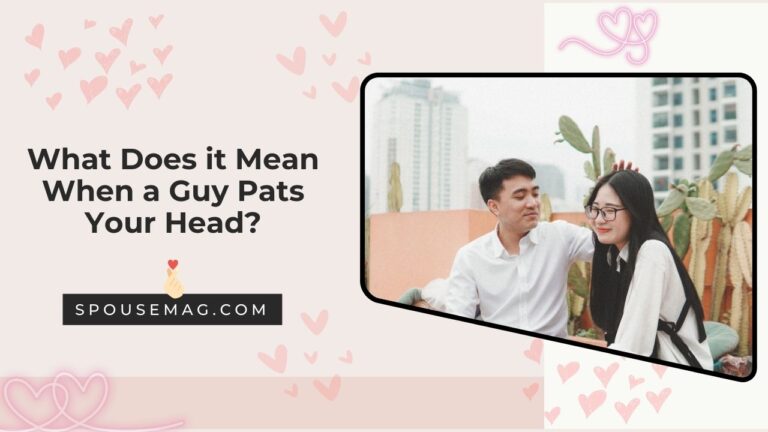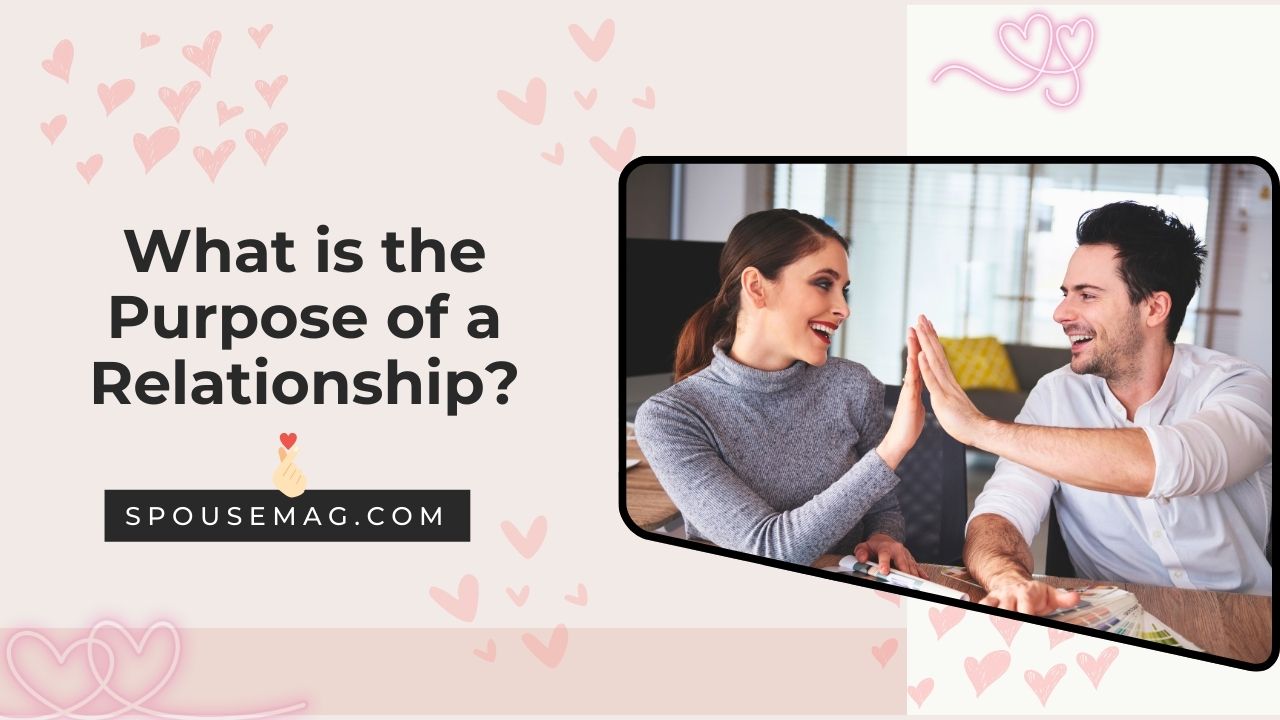
Humans are wired for connection. From the moment we’re born, we crave interaction and belonging. This need for connection is what drives us to form relationships – the cornerstone of a happy and fulfilling life.
But what exactly is the purpose of a relationship? Why do we seek out these connections, and how do they benefit us?
There are many different types of relationships, each offering unique advantages. We have romantic partners, close friends, supportive family members, and even casual acquaintances who play a role in our lives.
Real-Life Conversation on The Purpose of Relationships
Rihana, a successful entrepreneur, and Danial, a writer, sit together, reflecting on their journey as a couple. “For me, the purpose of a relationship is to have a partner who supports and encourages you to be your best self,” Rihana says. “Danial has been my rock, my confidant, and my biggest cheerleader. He’s helped me grow both personally and professionally.”
Danial nods in agreement. “I think the purpose of a relationship is to find a sense of belonging and connection with someone. Rihana has brought so much joy and love into my life. She’s helped me see the world from different perspectives and has been a constant source of inspiration for my writing.”
Rihana adds, “Relationships are about growing together, learning from each other, and building a life filled with love, laughter, and adventure. They’re about having someone to share your experiences with, to cry with, and to celebrate with.”
Danial smiles, “And it’s not just about the big moments. It’s about the everyday moments too – like waking up together, having coffee, and just enjoying each other’s company. Those are the moments that make life truly special.”
12 People Share Their Thoughts on the Purpose of a Relationship
We spoke to 12 individuals from diverse backgrounds to explore their perspectives on the purpose of relationships. Here’s what they had to say:
1. Sarah – A Marketing Manager’s Perspective
Sarah, a 32-year-old marketing manager from New York, shared her thoughts on the purpose of a relationship. “A relationship should make you feel seen, heard, and understood. It’s about having a partner who supports and encourages you to be your best self.”
Read More:
- Non-Traditional Relationships: Types, Benefits, and Challenges
- Is Fantasizing About Your Spouse a Sin? Different Religious Perspectives
- What Do Pagans Believe About Marriage? A Union of Spirit, Nature, and Community
2. Michael – A Lawyer’s Take
Michael, a 41-year-old lawyer from Los Angeles, offered his perspective. “A relationship is about growing together, learning from each other, and creating a future filled with love, laughter, and adventure.”
3. Emily – A Teacher’s Insight
Emily, a 28-year-old teacher from Chicago, shared her thoughts. “A relationship is a safe haven where you are yourself without fear of judgment. It’s about having someone to share your experiences with and build a life together.”
4. David – A Doctor’s View
David, a 35-year-old doctor from Houston, believes that the purpose of a relationship is to find a sense of purpose and meaning. “A relationship should inspire you to be a better person and make a positive impact on the world. It’s about finding someone who shares your values and goals.”
5. Ashley – An Artist’s Perspective
Ashley, a 29-year-old artist from San Francisco, thinks that the purpose of a relationship is to find creativity and inspiration. “A relationship should be a source of inspiration and creativity. It’s about finding someone who encourages you to pursue your passions and supports you in your endeavors.”
6. William – An Engineer’s Outlook
William, a 38-year-old engineer from Boston, shared his thoughts. “A relationship is about finding trust and loyalty. It’s about having someone who has your back and supports you through life’s challenges.”
7. Jennifer – A Writer’s Viewpoint
Jennifer, a 30-year-old writer from Washington D.C., believes that the purpose of a relationship is to find freedom and independence. “A relationship should allow you to be your person and pursue your interests. It’s about finding someone who respects your individuality and supports your growth.”
8. Robert – A Businessman’s Perspective
Robert, a 42-year-old businessman from Miami, thinks that the purpose of a relationship is to find stability and security. “A relationship should provide a sense of stability and security. It’s about finding someone who is reliable and supportive.”
9. Elizabeth – A Psychologist’s Insight
Elizabeth, a 31-year-old psychologist from Denver, shared her thoughts. “A relationship should be a safe space for emotional expression and empathy. It’s about finding someone who understands and supports your emotional well-being.”
10. James – A Musician’s Outlook
James, a 36-year-old musician from Nashville, believes that the purpose of a relationship is to find creativity and passion. “A relationship should be a source of inspiration and creativity. It’s about finding someone who encourages you to pursue your passions and supports you in your endeavors.”
11. Jessica – A Student’s Perspective
Jessica, a 27-year-old student from Philadelphia, thinks that the purpose of a relationship is to find growth and development. “A relationship should help you grow and develop as a person. It’s about finding someone who challenges you and supports your personal growth.”
12. John – A Chef’s View
John, a 40-year-old chef from Dallas, believes that the purpose of a relationship is to find love and connection. “A relationship should be built on love and connection. It’s about finding someone who loves and accepts you for who you are, and shares your journey towards happiness.”
7 Purposes of Relationships
While the specific dynamics differ, the core purposes of relationships remain remarkably consistent. Let’s explore seven key reasons why relationships matter:
1. Companionship
Humans are social creatures who crave connection. Relationships provide us with a sense of belonging and companionship.
We share our experiences, both good and bad, with someone who cares about us. Having someone to laugh with, cry with, and share memories with makes life more enjoyable and fulfilling.
Companionship in relationships helps us build a sense of trust, loyalty, and commitment, which are essential for our emotional well-being.
2. Love and Intimacy
Romantic relationships provide a deep level of emotional and physical intimacy. Love makes us feel happy, secure, and supported. Intimacy brings us closer together, strengthening our bond and creating a sense of trust and vulnerability.
Emotional intimacy helps us feel seen, heard, and understood, while physical intimacy releases oxytocin, the “love hormone,” which promotes feelings of affection and closeness.
3. Emotional Support
Our relationships provide a safe space to share our feelings and vulnerabilities. We rely on our loved ones for support during difficult times and celebrate our victories with them.
Having someone to talk to, offer advice, and provide encouragement makes navigating life’s challenges easier.
Emotional support in relationships helps us develop resilience, coping skills, and a growth mindset, enabling us to tackle life’s obstacles with confidence.
4. Personal Growth
Relationships challenge us to grow and become better versions of ourselves. They help us learn new things, develop new skills, and see the world from a different perspective.
Through relationships, we discover new passions, develop empathy, and become more understanding and compassionate individuals. Personal growth in relationships helps us develop self-awareness, self-acceptance, and self-improvement, leading to a more fulfilling life.
5. Shared Goals and Experiences
Sharing goals and experiences with others makes life more fulfilling. Whether it’s working towards a common dream or simply enjoying a fun activity together, shared experiences create lasting memories and strengthen our bonds.
Collaborating on projects, achieving milestones together, and exploring new places bring excitement and joy to our lives.
Shared goals and experiences in relationships help us develop teamwork, communication, and problem-solving skills, making us more effective in our personal and professional lives.
6. Physical and Mental Well-being
Studies have shown that strong relationships lead to better physical and mental health. People in strong relationships tend to live longer, have lower blood pressure, and experience less stress.
Social support from relationships also reduces anxiety, depression, and other mental health issues.
Physical touch, emotional support, and social connection in relationships boost our immune system, reduce inflammation, and promote overall well-being.
7. Conflict Resolution Skills
Relationships teach us how to communicate effectively and healthily resolve conflict. These skills are essential for all aspects of our lives, both personal and professional.
Learning to listen actively, express ourselves clearly, and resolve disagreements constructively improve our relationships and overall well-being. Healthy communication and conflict resolution skills in relationships help us develop emotional intelligence, empathy, and understanding, leading to more harmonious and fulfilling relationships.
Conclusion
In conclusion, relationships bring numerous benefits to our lives, from companionship and love to personal growth and physical well-being.
By understanding the purpose of relationships and prioritizing healthy communication, conflict resolution, and mutual respect, we cultivate strong, fulfilling relationships that enrich our lives.
Remember, relationships are a vital aspect of human life, and nurturing them with care brings joy, happiness, and fulfillment to our existence.
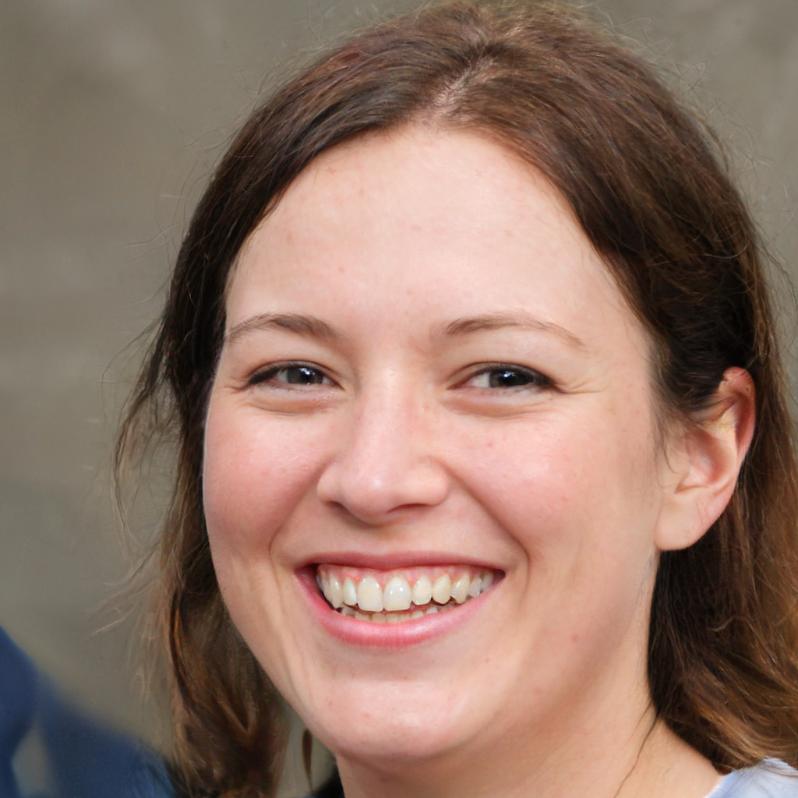
As a married wife, founder, and editor of SpouseMag.com – these guides are based on my own personal experiences, observations, research and insights. I am transparent about being inspired by the life and work of the two greatest experts in the relationship space – Dr. John and Julia Gottman, and Harville and Helen. They two are some of the strongest couples, researchers, authors, and counselors when it comes to marriage and relationships. My advice and guides are based on my insights and research, and they are not an alternative to professional advice.
